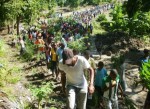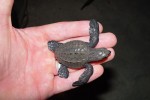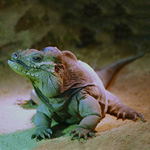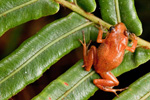Land Grab at Ile a Vache: Haiti’s Peasants Fight Back
By Dady Chery Haiti Chery Before Haiti’s Prime Minister declared all of Haiti’s offshore islands to be Zones of Tourism Development and Public Utility, he did not consult with the residents of the islands whose lands would be appropriated. … Continue reading →








